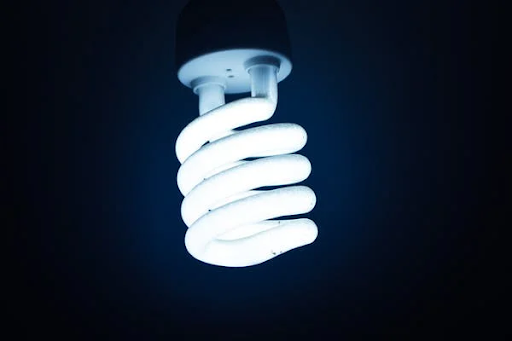10 Tips To Save Energy in 2023
1. Service and Maintain Heating Appliances/Systems Regularly
Keeping your heating appliances and systems in top condition through regular servicing and maintenance can help keep your energy usage low. This basically is because the appliances will be working optimally with no energy leaks or wastage. You should also notice higher savings if you use natural gas for heating. For this reason, get everything checked out by a certified technician, and do your part in maintaining them as well. Get boiler cover at Corgihomeplan.co.uk.
2. Adequate Insulation
Investing in proper and adequate insulation is one of the best ways to make your home/office energy efficient. Proper insulation creates a microclimate utterly different from the weather outside, meaning your home will remain warm despite the chilling temperatures outside. It will also help keep the house cool and comfortable even when the sun is blazing hot outside. Proper insulation, however, entails having all windows and doors sealed (weather-stripped) and sealing any gaps in the walls. If possible, consider investing in an attic tent to provide an additional layer of insulation around the ceiling and the attic.
3. Ensure All Vents Aren’t Blocked
Blocked vents and ventilation systems can be a reason your HVAC system is always on overdrive, trying to keep the house/office warm or cool. Take time to check all air vents to ensure they are not only clean but not blocked in any way. Large equipment, furniture, and even curtains are the main culprits for blocking air vents. That said, ensure all the necessary vents are clear and allow free airflow to every room. Although you might not know this, you could take advantage of the heat produced by the central heater to warm up every part of the house, all through the internal air vents. Allowing air to flow freely around the entire house also reduces strain on your heating systems, hence lower energy consumption.
4. Turn Your Thermostat Down A Few Degrees
With energy bills hitting record highs, there’s no better way to save energy than turn your thermostat a few degrees down. While it might seem insignificant, turning the thermostat just a few degrees down can see you save around 10% in energy wastage. Keep dialing down the thermostat until a workable compromise is reached. You could also choose to only reduce the temperature at night when everyone is in bed or invest in a smart thermostat to help with the same.
5. Invest In a Smart Thermostat
A smart thermostat is an excellent option for anyone looking to lower their carbon footprint and save on energy bills. Unlike traditional thermostats, smart thermostats can be programmed to adjust the temperature at specific times or even turn off the heater when no one is home. You thus never have to worry about leaving the heater running while at work.
6. Check The Water Heater Setting
Most people use their water heater’s default settings right from installation. Unknown to them, most water heaters are set to the highest settings of about 140 degrees Celsius. Tuning down the temperature to comfortable levels, say 65 degrees, can help lower heating bills and still enjoy your warm showers. The water will also be warm enough to clean your dishes as well.
7. Shut All Windows and Doors
Leaving the windows and door open during winter, even by a crack, could be costing you hundreds of dollars in energy bills. That said, it would be advisable to close all windows and doors, especially while the natural gas heating system is ON. You can only comfortably open windows and doors during summer and other warmer months to allow the fresh breeze in. You can also switch to double glazing Bristol windows to save more energy.
8. Layer Up
This step goes hand in hand with dialing down the thermostat during winter. Layering up will help you stay warm despite the relatively lower temperatures indoors. Layering up also means you will be more comfortable with the lower thermostat setting, saving you lots of money on the energy bill. Consider investing in heavy jackets, cotton socks, down comforters, and extra blankets for that additional warmth.
9. Limit Fireplace Use
Although some may turn to the fireplace for extra warmth and comfort, using the fireplace could lead to even higher energy wastage than most people realize. One of the reasons for this is that firing up the fireplace means you’d have to open the chimneys to allow the warm air and smoke out. This will also mean you’ll be losing lots of heat generated by the central heater as well, forcing it to strain to maintain the set temperature. According to research, firing up the traditional wood fireplace can cost you at least 24,000 cubic feet of hot air in under an hour. Only use the fireplace for special occasions but not always to save energy. Never use the fireplace as a means to warm up the house, not in the middle of winter when it is coldest.
10. Diversify Energy Usage
Using alternative energy sources can help keep your dependence on natural gas lower. Electric heat pumps, for example, can be excellent replacements or reinforcements for natural gas heaters. Electric heat pumps produce almost the same amount of heat and can also be used in different rooms separately. Switching to these will thus reduce your natural gas energy bills significantly. Where possible, consider installing solar panels to supplement your energy supply. You could use solar energy to heat up water and even the house as well.
Check Next >https://www.neoadviser.com/how-to-create-a-healthy-environment-in-home/
